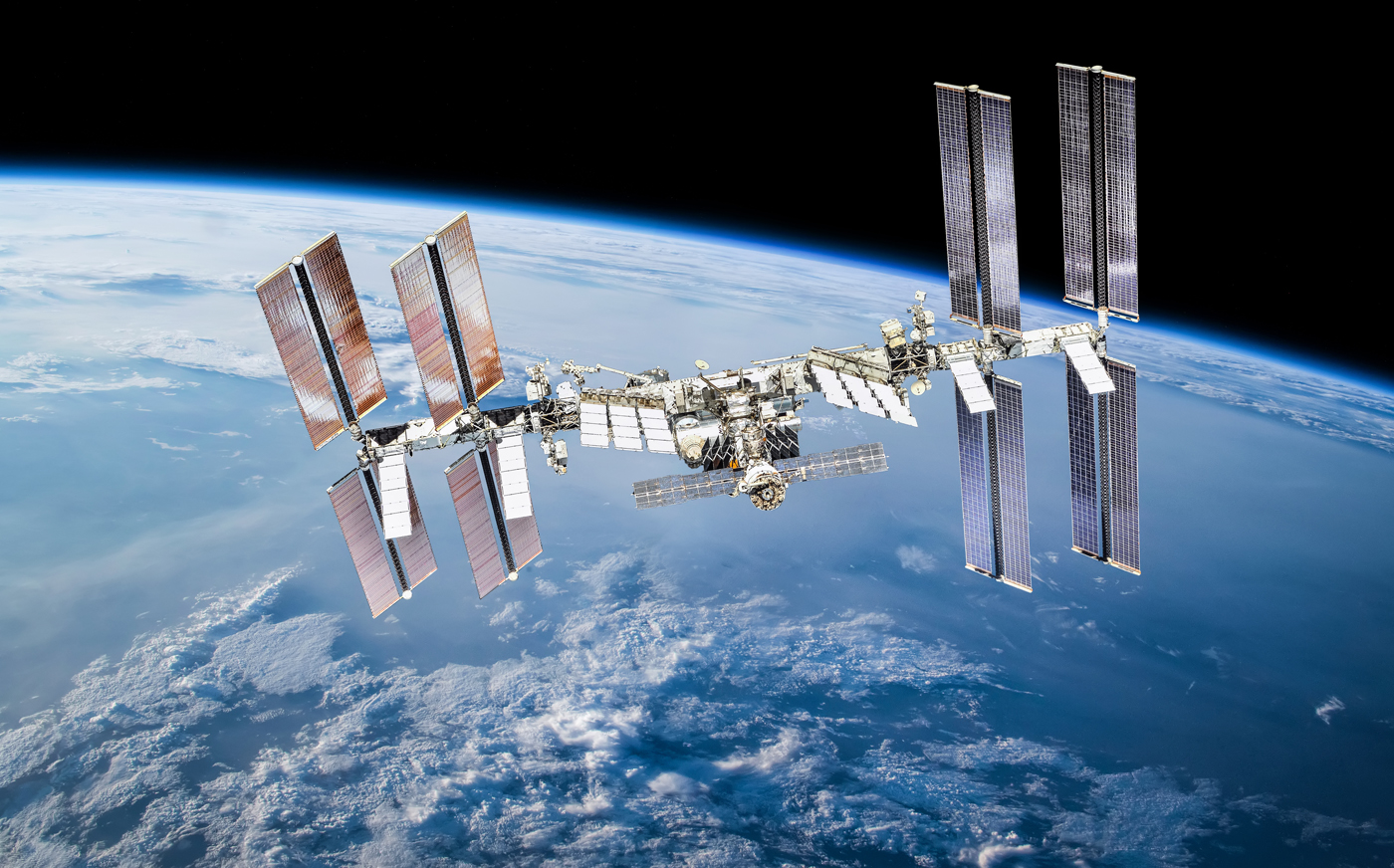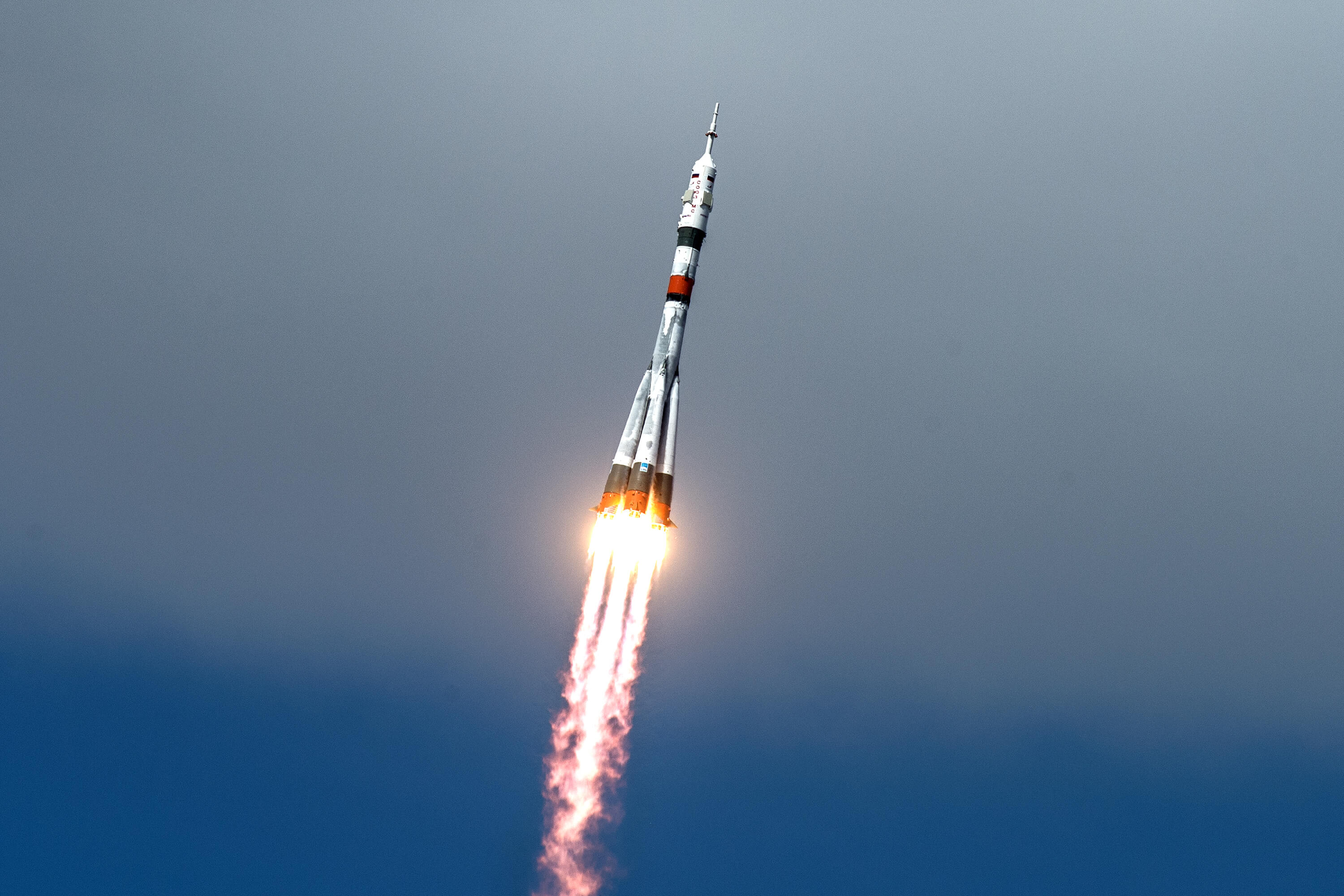What just happened? Covid-19 is disrupting daily life as we know it on Earth, but just above our home planet aboard the International Space Station, the show must go on. NASA astronaut Chris Cassidy and two Russian cosmonauts, Anatoly Ivanishin and Ivan Vagner, docked on the space station on Thursday following a six-hour flight that originated from the Baikonur Cosmodrome in Kazakhstan.

This launch was a bit different than previous efforts due to Covid-19. Travel restrictions prevented friends and family of the crew from being in attendance at the launch. A ban on media kept others at bay, resulting in a very quiet affair. An extended quarantine period was also enacted to help ensure that the Coronavirus and any other bugs stay out of the ISS.

For nearly 20 years, humans have continuously lived and worked aboard the International Space Station. The global effort has seen 239 people from 19 countries visit the ISS over the years, collectively conducting more than 2,800 research investigations courtesy of scientists from 108 countries.
The fresh crew members will be taking over for NASA flight engineers Andrew Morgan and Jessica Meir and Expedition 62 Commander Oleg Skripochka of Roscosmos, all scheduled to return to Earth on April 17 aboard the Soyuz MS-15 spacecraft.
Cassidy, Ivanishin and Vagner will remain on the space station for more than six months, conducting around 160 science investigations across fields like physical sciences, technology development, human research, biology and Earth science. The tentative plan is for them to return home in October.
Masthead credit: Dima Zel
https://www.techspot.com/news/84786-aboard-international-space-station-business-usual.html